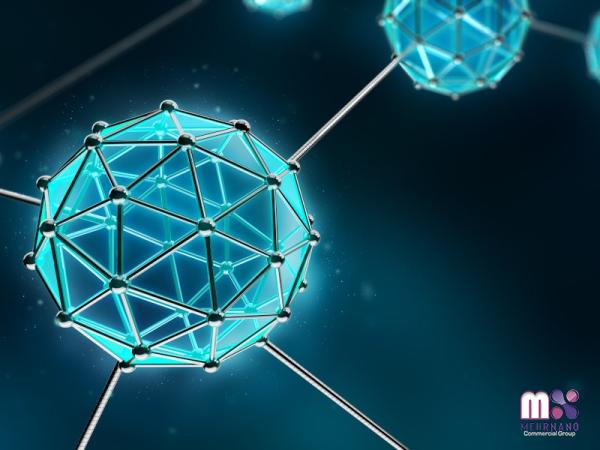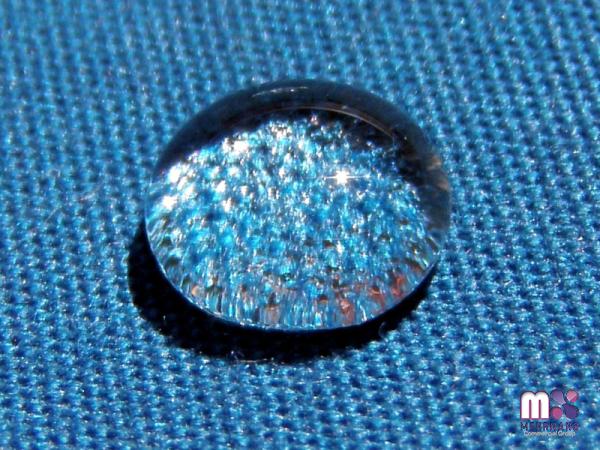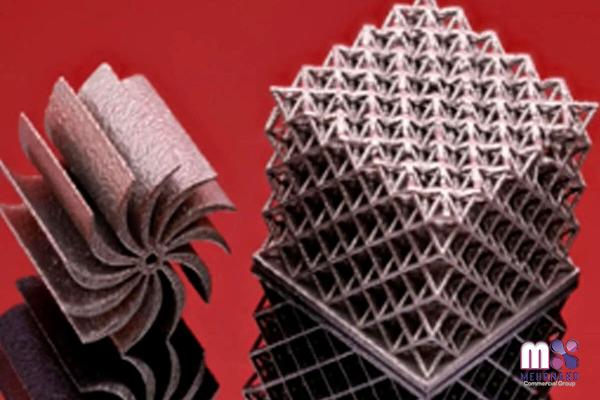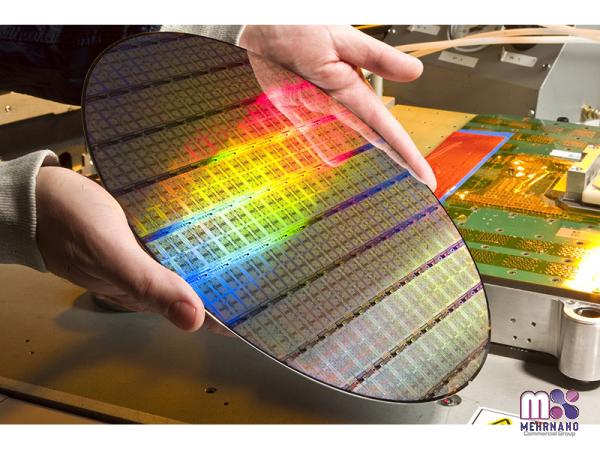In recent years, nanotechnology has emerged as a groundbreaking field that has sparked immense interest and excitement across various industries. From electronics to healthcare, nanotechnology has the potential to revolutionize how we live and work. This article aims to explore the realm of nanoproducts, shedding light on their significance and impact on the market. So, what exactly are nanoproducts? Put simply, nanoproducts are products that incorporate nanotechnology in their design and manufacturing processes. Nanotechnology deals with materials and devices that operate on a nanometer scale, typically between 1 and 100 nanometers. By leveraging advances in miniaturization and manipulation at this scale, scientists and engineers can create materials and products with enhanced properties and capabilities. One of the key advantages of nanoproducts lies in the ability to manipulate materials at the atomic and molecular level.
.
 This level of precision allows for the creation of new materials with improved strength, flexibility, and conductivity. For instance, incorporating nanoparticles into polymer composites can enhance their mechanical properties, making them stronger and more durable. Similarly, adding nanoparticles to electronic devices can improve their performance and energy efficiency. The applications of nanoproducts are virtually unlimited, as they span across a wide range of industries. In electronics, nanoproducts have the potential to revolutionize the way we interact with technology. Nanosensors, for example, can be used to create more sensitive and accurate touch screens, enabling more intuitive user experiences. Similarly, nanoelectronics hold the promise of faster and more efficient computing devices, paving the way for next-generation processors and memory technologies. In healthcare, nanoproducts have the potential to revolutionize diagnostics and treatment.
This level of precision allows for the creation of new materials with improved strength, flexibility, and conductivity. For instance, incorporating nanoparticles into polymer composites can enhance their mechanical properties, making them stronger and more durable. Similarly, adding nanoparticles to electronic devices can improve their performance and energy efficiency. The applications of nanoproducts are virtually unlimited, as they span across a wide range of industries. In electronics, nanoproducts have the potential to revolutionize the way we interact with technology. Nanosensors, for example, can be used to create more sensitive and accurate touch screens, enabling more intuitive user experiences. Similarly, nanoelectronics hold the promise of faster and more efficient computing devices, paving the way for next-generation processors and memory technologies. In healthcare, nanoproducts have the potential to revolutionize diagnostics and treatment.
..
 Nanoparticles can be engineered to target specific cells or tissues, opening up new possibilities in targeted drug delivery. This approach not only enhances the efficacy of treatments but also minimizes side effects. Moreover, nanomaterials can be utilized in medical implants, improving their biocompatibility and longevity. The impact of nanoproducts extends beyond electronics and healthcare. In the energy sector, nanotechnology can play a vital role in advancing renewable energy technologies. Nanomaterials can be utilized to improve the efficiency of solar panels, enhance energy storage capabilities, and develop more efficient catalysts for fuel cells. These advancements have the potential to reshape the energy landscape, reducing our dependence on fossil fuels and mitigating climate change. However, it is essential to address potential concerns regarding the safety and environmental impact of nanoproducts.
Nanoparticles can be engineered to target specific cells or tissues, opening up new possibilities in targeted drug delivery. This approach not only enhances the efficacy of treatments but also minimizes side effects. Moreover, nanomaterials can be utilized in medical implants, improving their biocompatibility and longevity. The impact of nanoproducts extends beyond electronics and healthcare. In the energy sector, nanotechnology can play a vital role in advancing renewable energy technologies. Nanomaterials can be utilized to improve the efficiency of solar panels, enhance energy storage capabilities, and develop more efficient catalysts for fuel cells. These advancements have the potential to reshape the energy landscape, reducing our dependence on fossil fuels and mitigating climate change. However, it is essential to address potential concerns regarding the safety and environmental impact of nanoproducts.
…
 As with any emerging technology, thorough risk assessments and regulatory frameworks are necessary to ensure the responsible development and use of nanoproducts. Transparent and open communication between stakeholders including scientists, manufacturers, and regulators is vital to address concerns and foster public trust. In conclusion, nanoproducts represent a paradigm shift in innovation and technology. By harnessing the power of nanotechnology, these products offer improved performance, enhanced functionality, and endless possibilities across various industries. As we explore the realm of nanoproducts, it is crucial to balance the drive for innovation with diligent consideration of safety, ethics, and sustainability. The future is undoubtedly bright for nanoproducts, and their impact is poised to reshape our world for the better.
As with any emerging technology, thorough risk assessments and regulatory frameworks are necessary to ensure the responsible development and use of nanoproducts. Transparent and open communication between stakeholders including scientists, manufacturers, and regulators is vital to address concerns and foster public trust. In conclusion, nanoproducts represent a paradigm shift in innovation and technology. By harnessing the power of nanotechnology, these products offer improved performance, enhanced functionality, and endless possibilities across various industries. As we explore the realm of nanoproducts, it is crucial to balance the drive for innovation with diligent consideration of safety, ethics, and sustainability. The future is undoubtedly bright for nanoproducts, and their impact is poised to reshape our world for the better.











Your comment submitted.